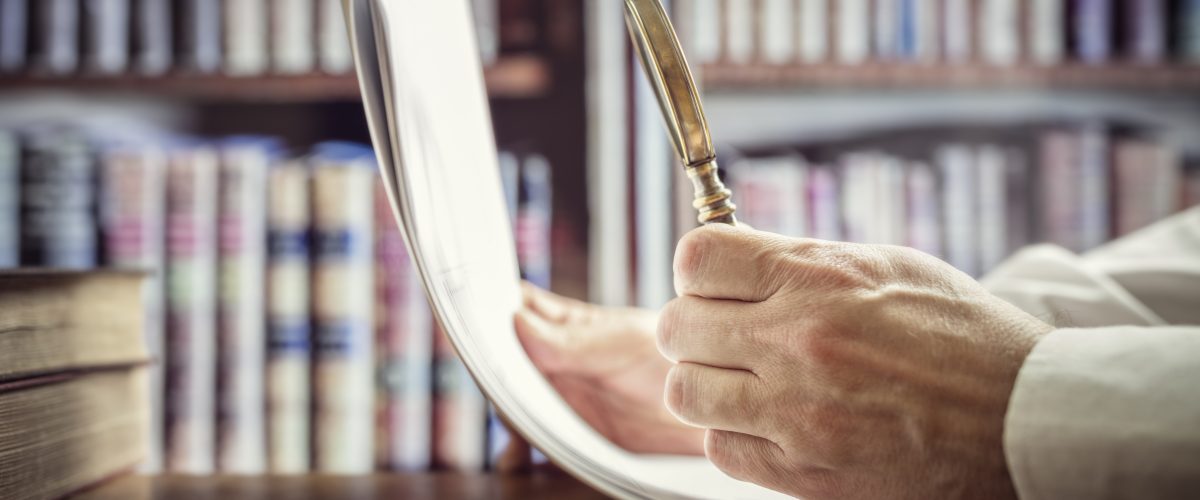Your Guide on Copyright Law
Copyright law allows original creators to collect all of the earnings of their own original work. For example, a custom jewelry maker can sell their creations and create a number of derivative works that they profit from, and have the freedom to do anything they want with their creation. Copyright law disallows others to claim ownership and profit of copyrighted works unless the original creator sells the rights to their work.
Copyright law also protects artistic works such as books, music, movies, architecture, art, theater, drama, video and the by-products of the aforementioned creative works.
Any creative work has an automatic copyright given to itself as long as it is transformed into something physical such as a sketch, rough-draft, image, video, etc. This means that thoughts and ideas are invalid pieces of evidence until they are put to physical form. This being said, an artist can still register their copyright with the United States Copyright Office in the event that they would like prima facie (accepted as correct until proved otherwise) evidence of their copyright.
If you’ve experienced a copyright infringement, or need to register a copyright, a copyright attorney can help point you to the direction and help navigate any copyright violations.


